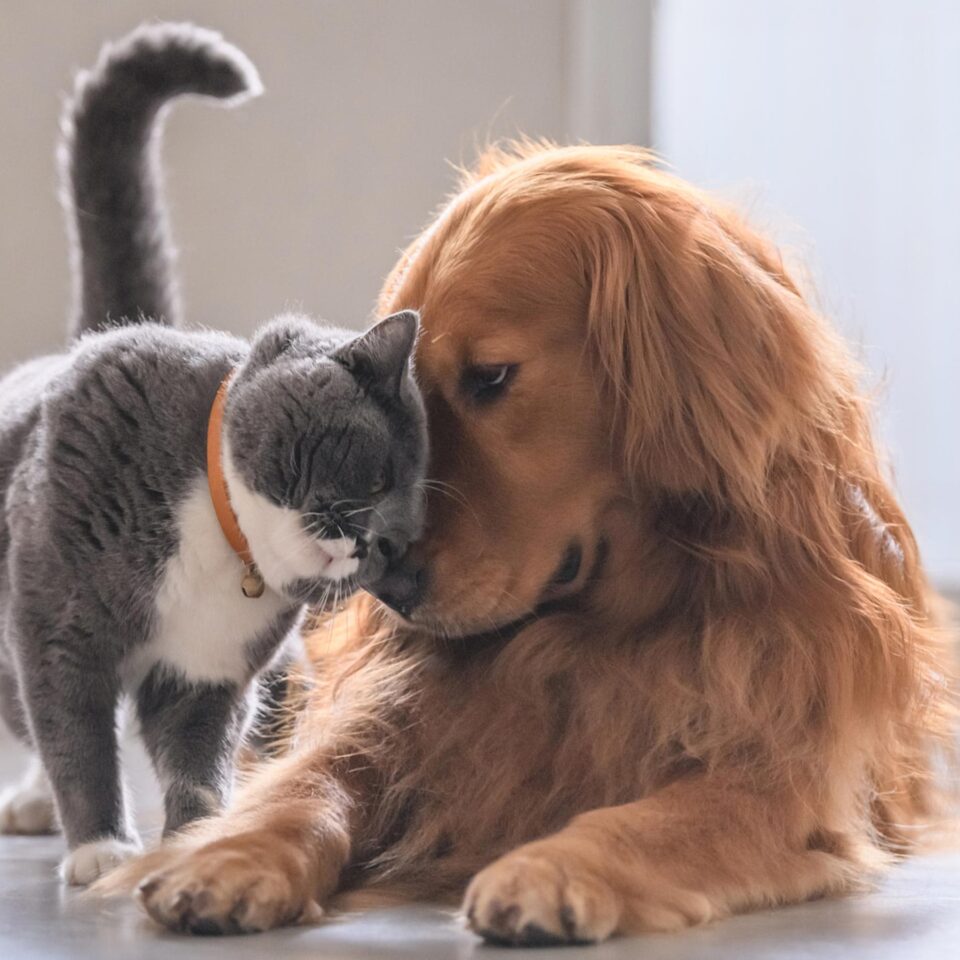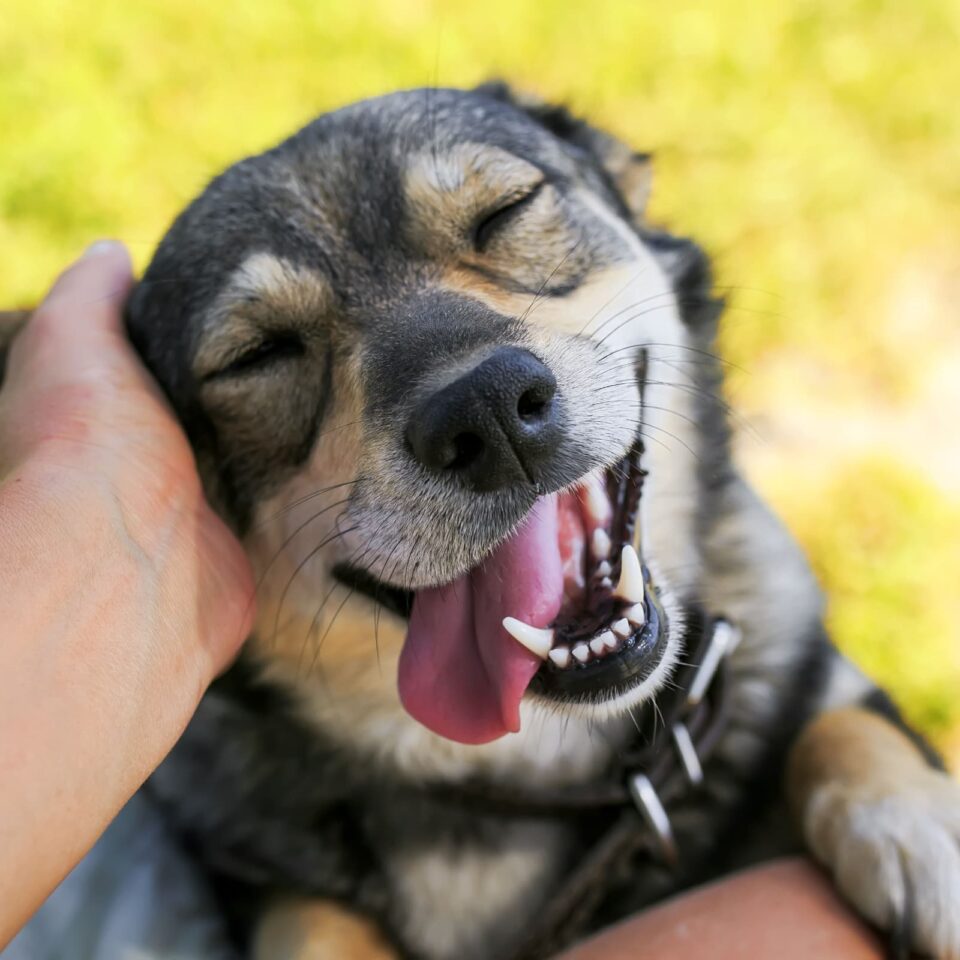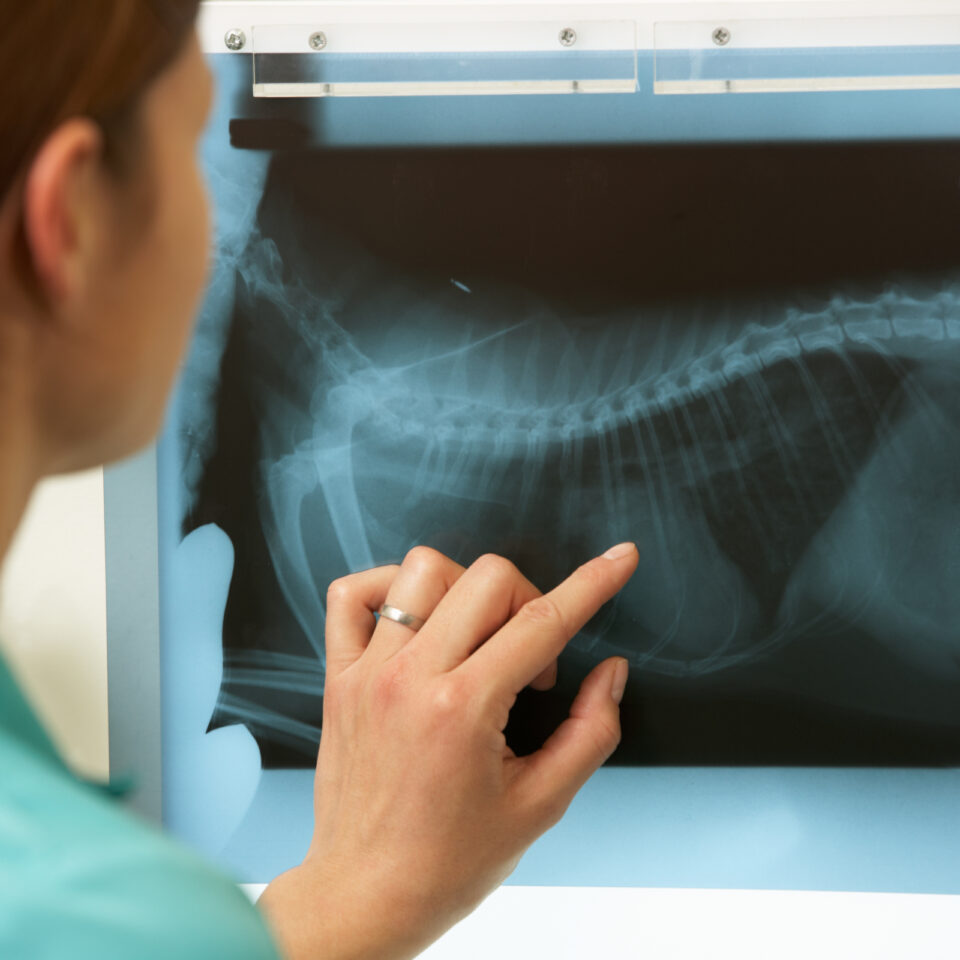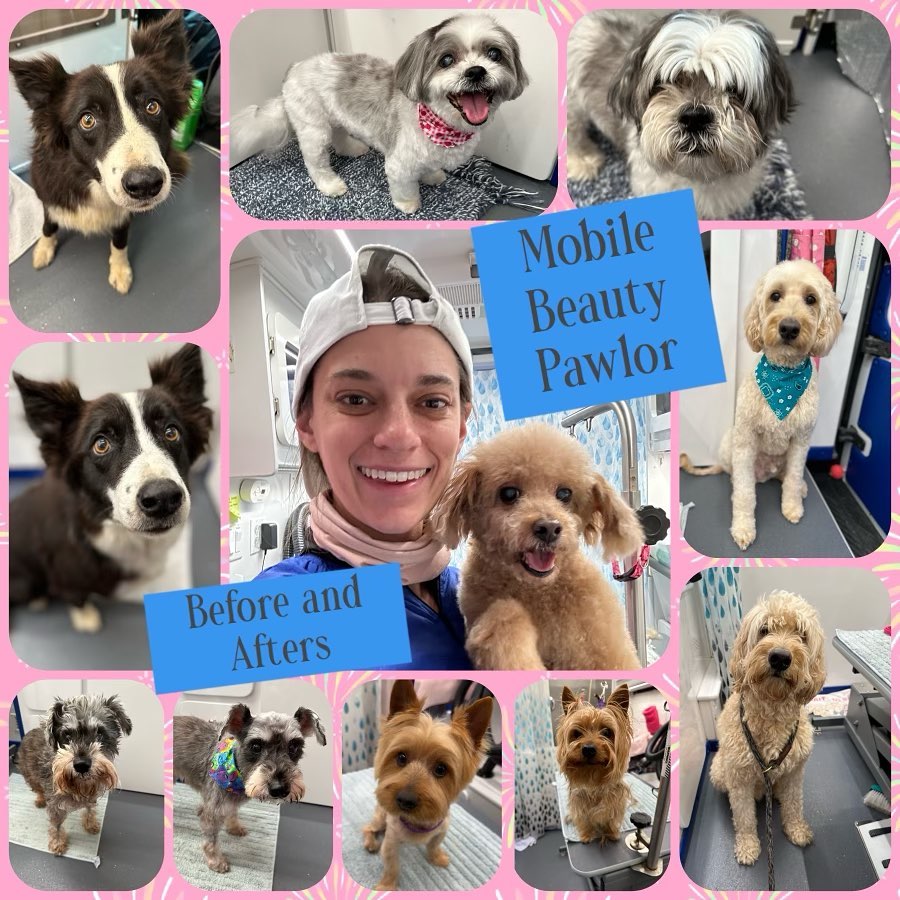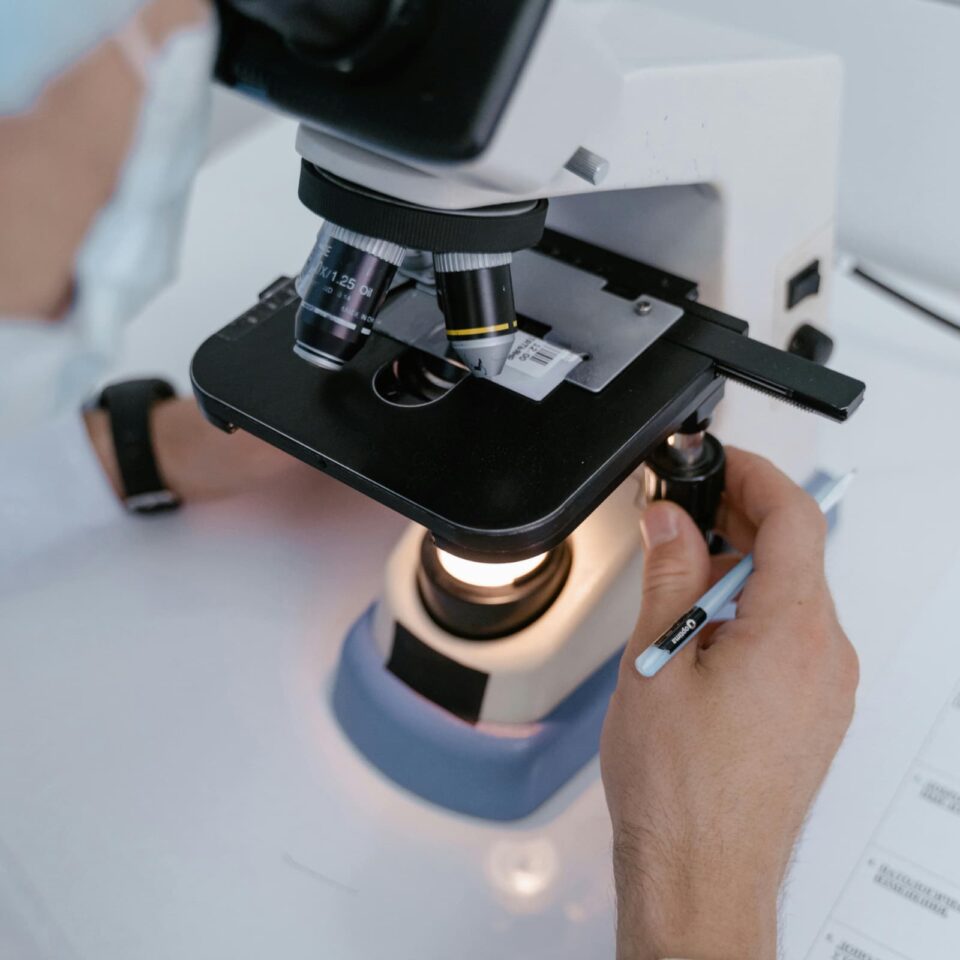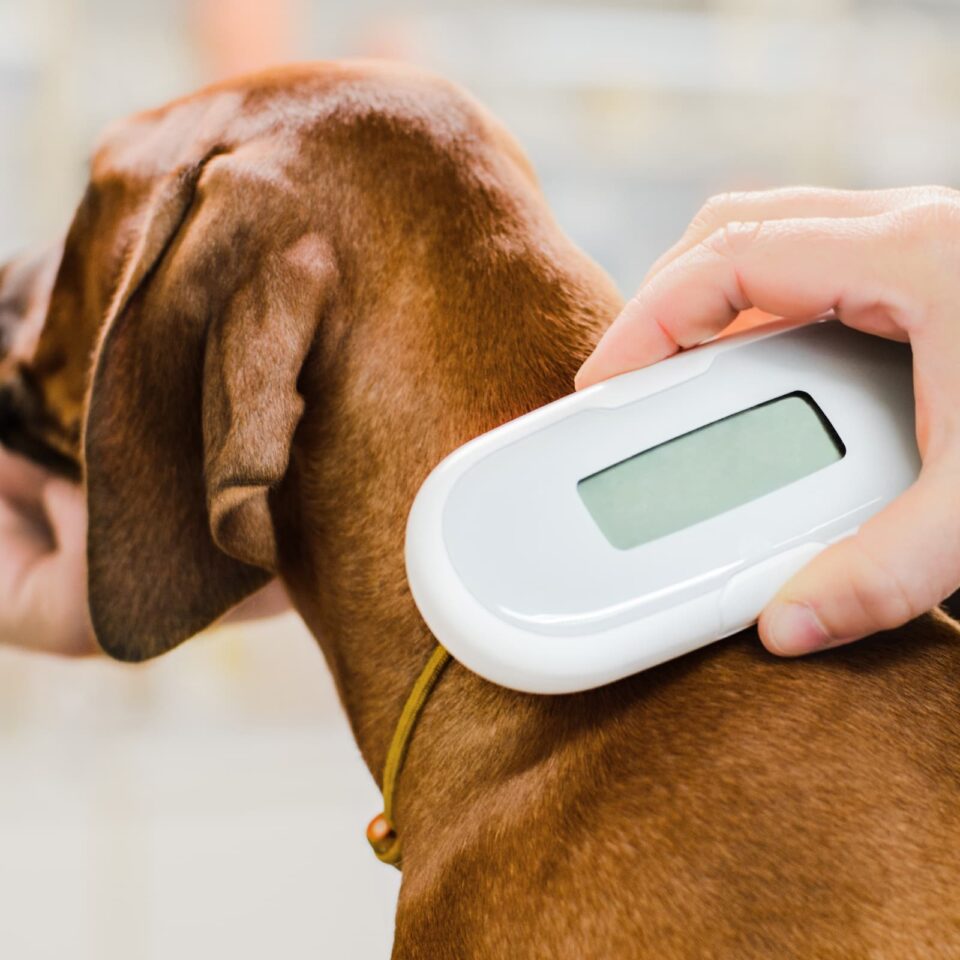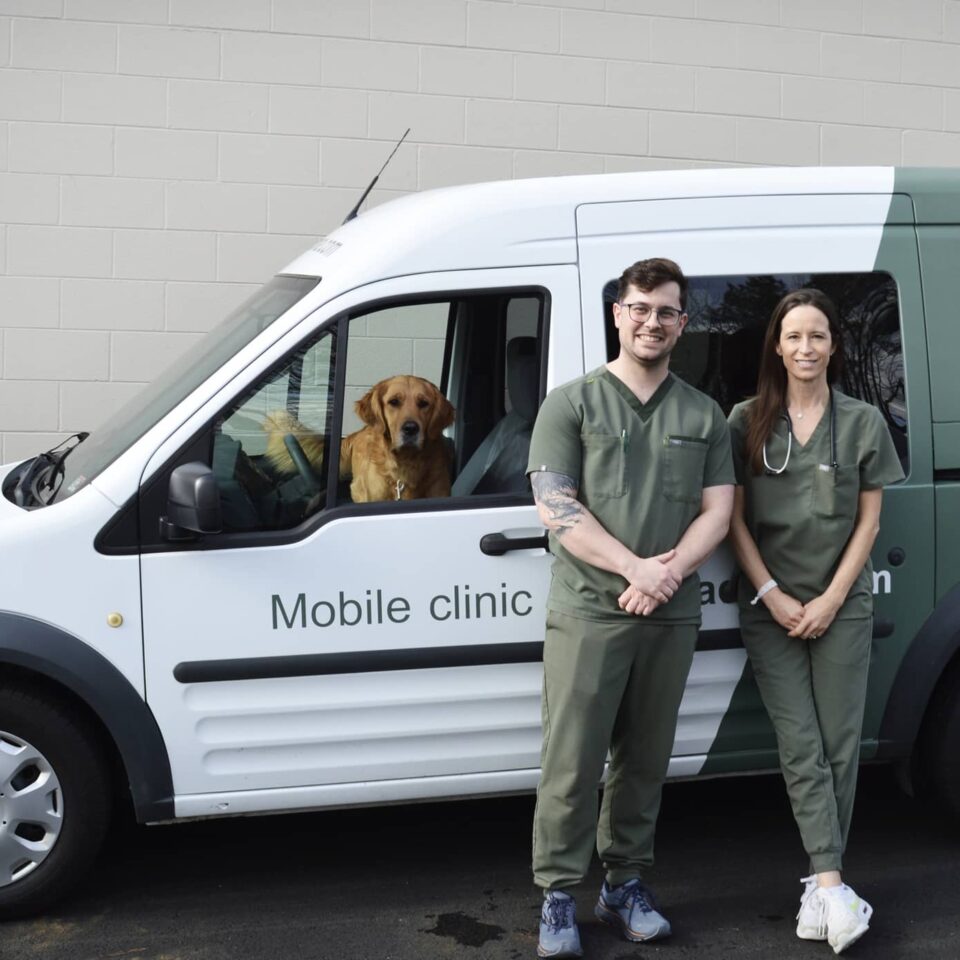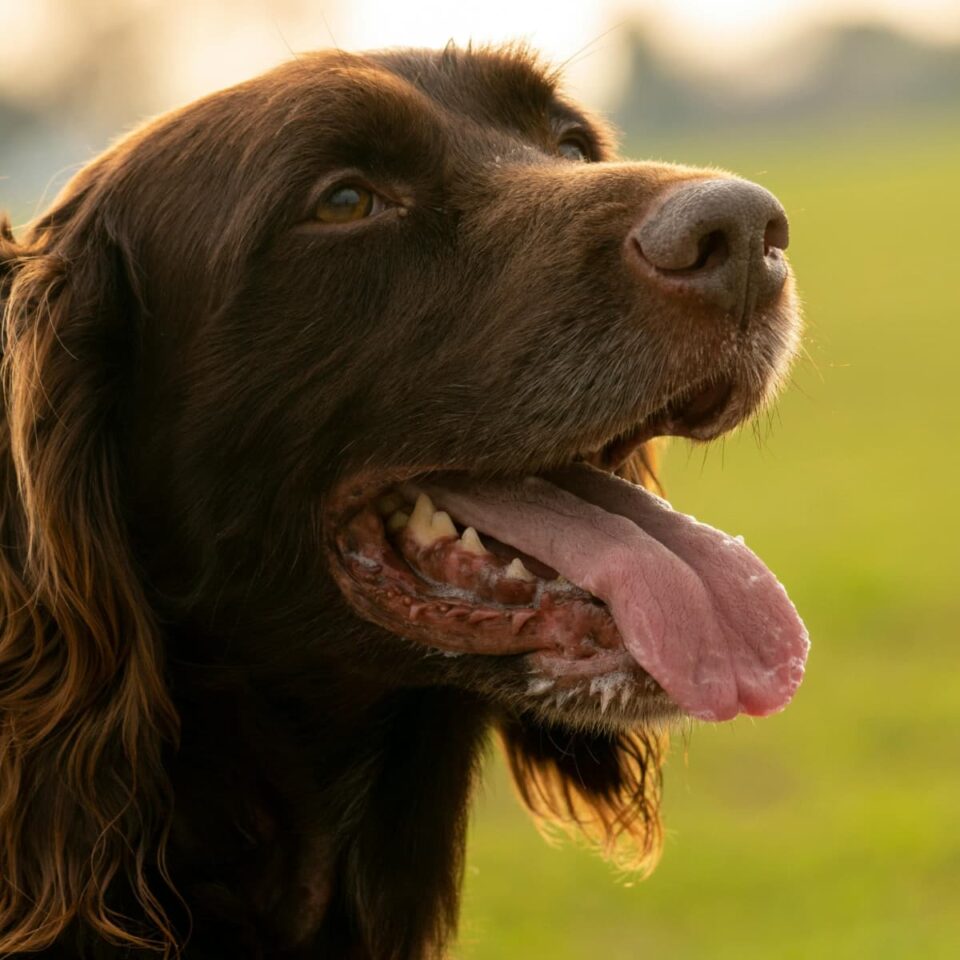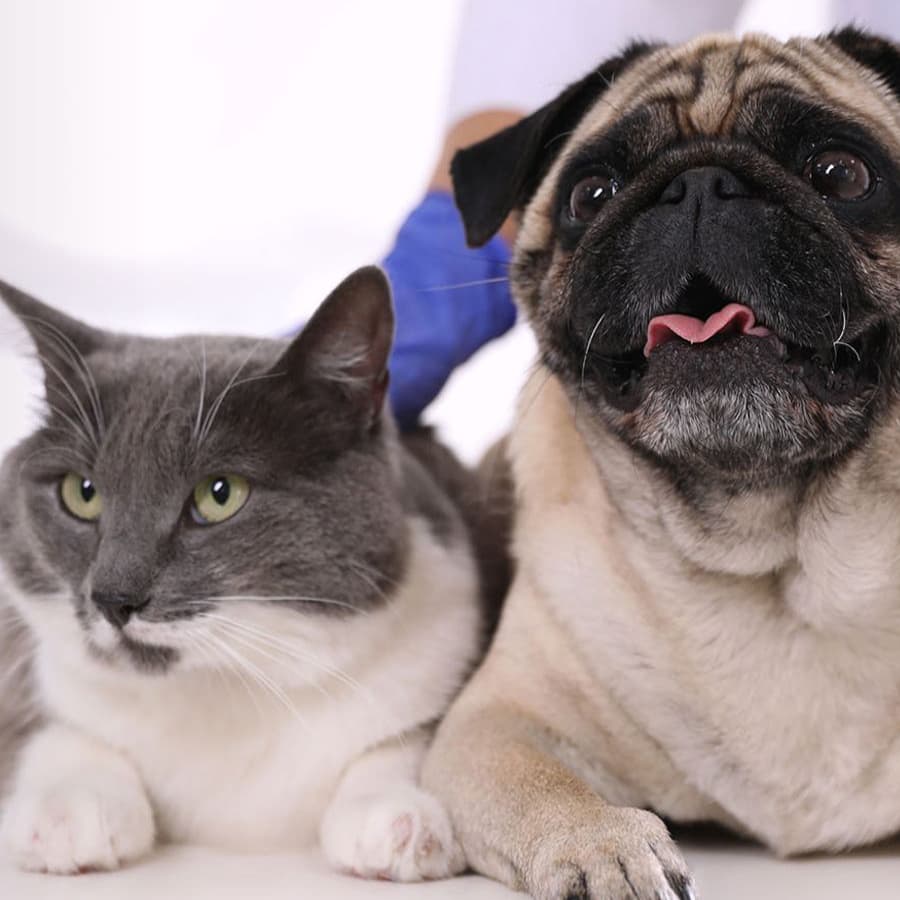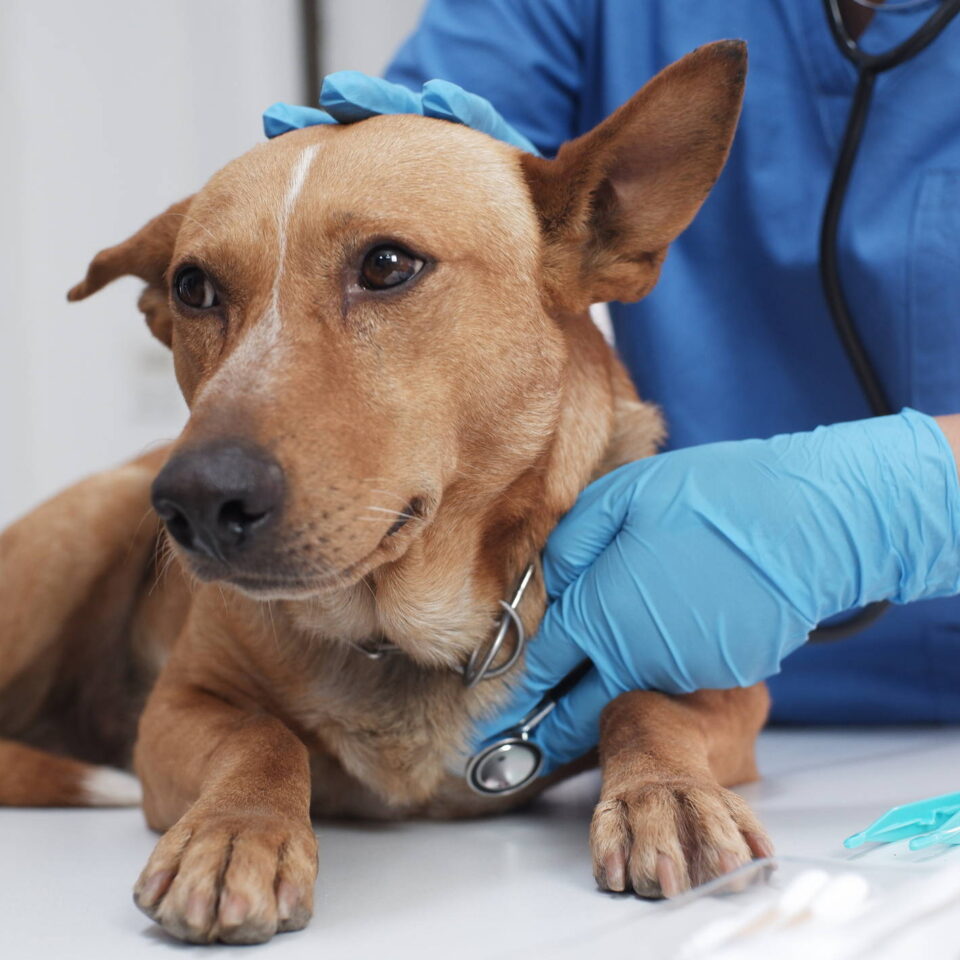Veterinary surgery

Veterinary surgery for cats and dogs
Our clinic offers a wide range of veterinary surgery, including spay and neuter, intestinal surgeries, dental procedures, splenectomies, wound repair, infection and more. Each procedure is performed with expert care to ensure your pet’s well-being. Our experienced team tailors surgical plans to address each pet’s unique health needs, focusing on safety, precision, and recovery.
We offer basic and advanced surgical services for pets. Here’s a full list of surgical services:
- Spay and neuter
- Gastropexy
- Intestinal surgeries (including foreign object removal, resection, etc.)
- Dental surgeries
- Wound repair
- Minor and major lump removals
- Splenectomies
- Pyometra surgery

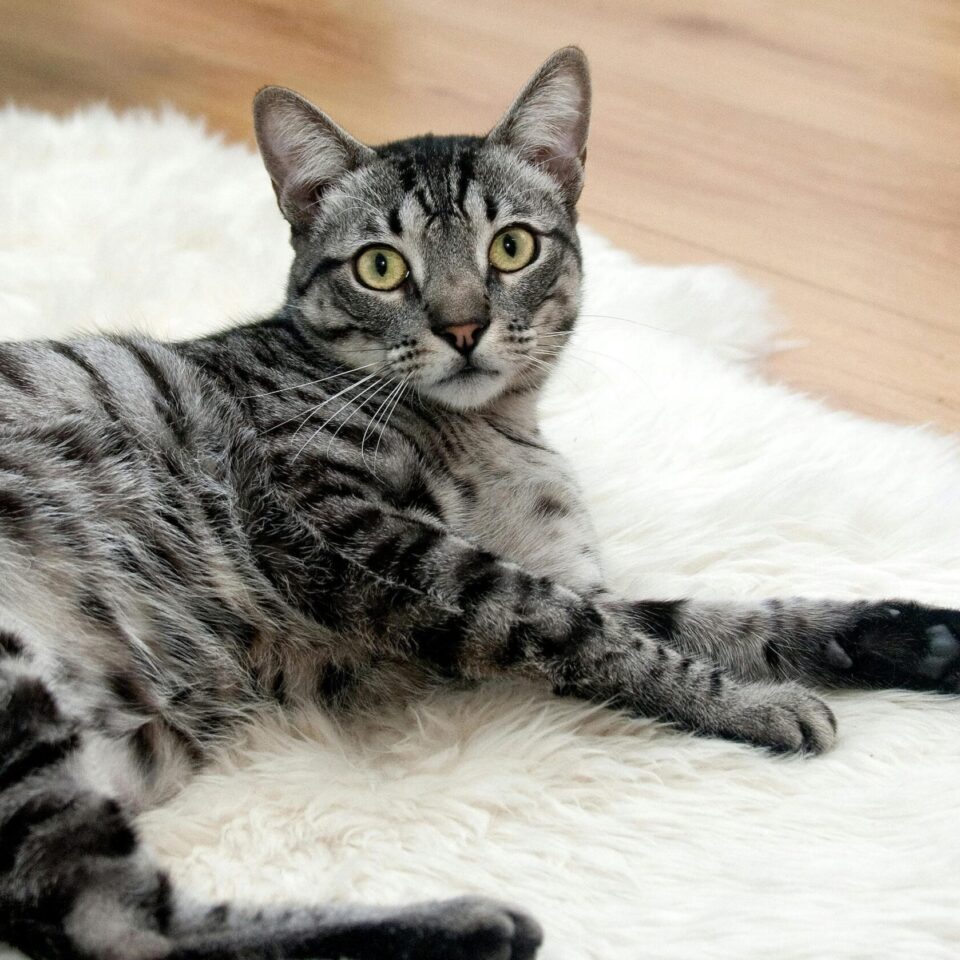
Spay and neuter procedures
When we spay or neuter a cat or dog, we surgically sterilize them to prevent unwanted litters, reduce health risks, and extend their life expectancy.
Benefits of spaying and neutering
- This procedure benefits both cats and dogs, enhancing their quality of life and longevity
- Community impact: helps reduce pet overpopulation, supporting overall animal welfare
- Healthier pets: promotes longer, healthier lives by minimizing reproductive health issues
- Behavioral improvements: lowers some kinds of aggression, marking, and roaming behaviors
- Disease prevention: reduces risks of certain cancers and infections, like uterine or testicular cancer


Gastropexy surgery for large dog breeds
Gastropexy is a surgical procedure performed on pets, typically large or deep-chested dogs, to prevent gastric dilatation-volvulus (GDV), also known as bloat. The surgery involves attaching the stomach to the abdominal wall, stabilizing it to prevent twisting. Furthermore, this can be paired with your pets spay or neuter to decrease the number of anesthetic events, or done as a totally separate procedure. Lastly, this life-saving procedure is often recommended for breeds such as Great Danes, German Shepherds, and Standard Poodles, which are at a higher risk of GDV.
Splenectomy pet surgery
A splenectomy is a veterinary surgery to remove the spleen, often due to trauma, blood disorders, or tumors. While the spleen plays a role in filtering blood and supporting immune function, pets can live healthy lives without it. Above all, our clinic’s expert surgical team ensures each procedure is performed with precision to promote a safe recovery and ongoing wellness for your pet.
At West Creek Animal Clinic, we may recommend specialized veterinary surgeons or specialty clinics for complex procedures. Discuss your pet’s needs with us to determine the best treatment plan.

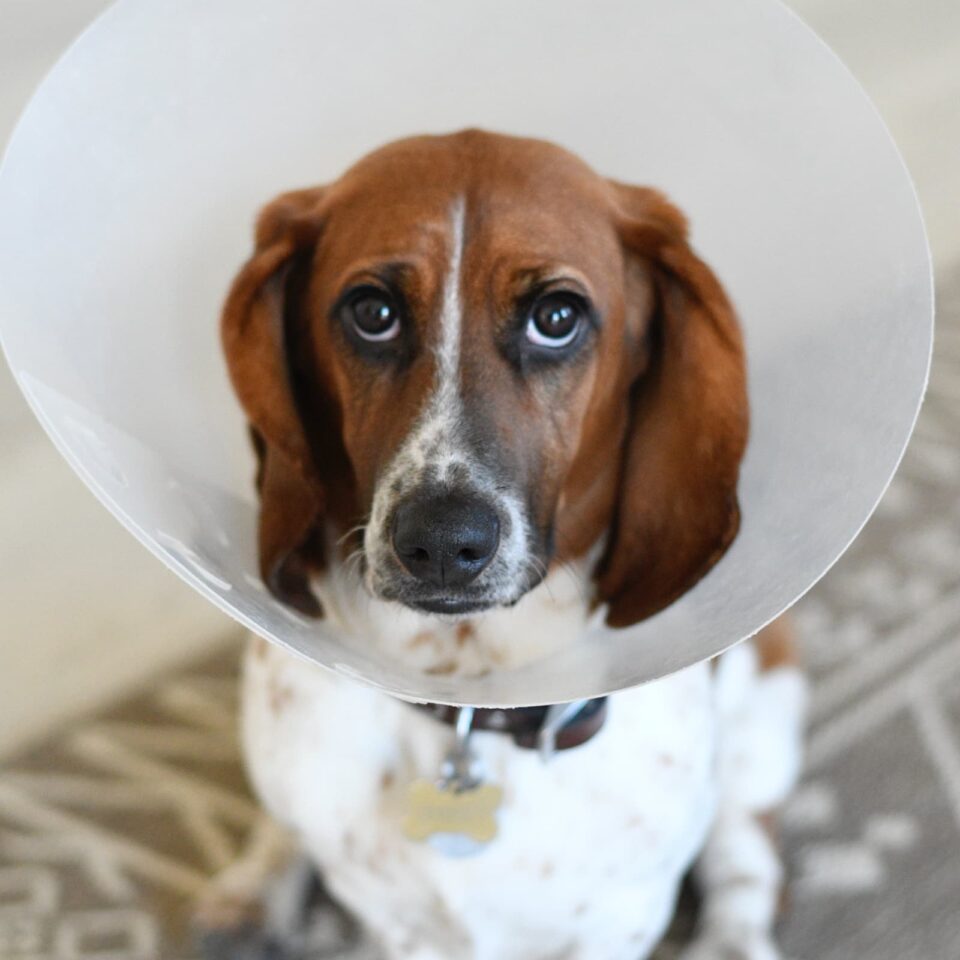
Intestinal surgeries
In general, intestinal surgeries refer to procedures on the stomach (gastrotomy) and small intestines (enterotomy). These surgeries are often necessary to remove foreign objects like socks, toys, and other objects that may cause blockages. We also address issues involving other abdominal structures such as the liver or spleen. With advanced surgical care, our team ensures your pet’s safety and recovery while resolving potentially life-threatening conditions.
Gastrotomy in pets
A gastrotomy is a surgical procedure in which a veterinarian makes an incision into a pet’s stomach to access its contents. This procedure is commonly performed to remove foreign objects that the pet has ingested, such as toys, socks, or bones, which may cause blockages. Gastrotomies may also address other medical issues like tumors or stomach ulcers. After resolving the issue, the stomach is carefully closed with sutures, ensuring proper healing. This surgery is vital for treating potentially life-threatening conditions in pets.
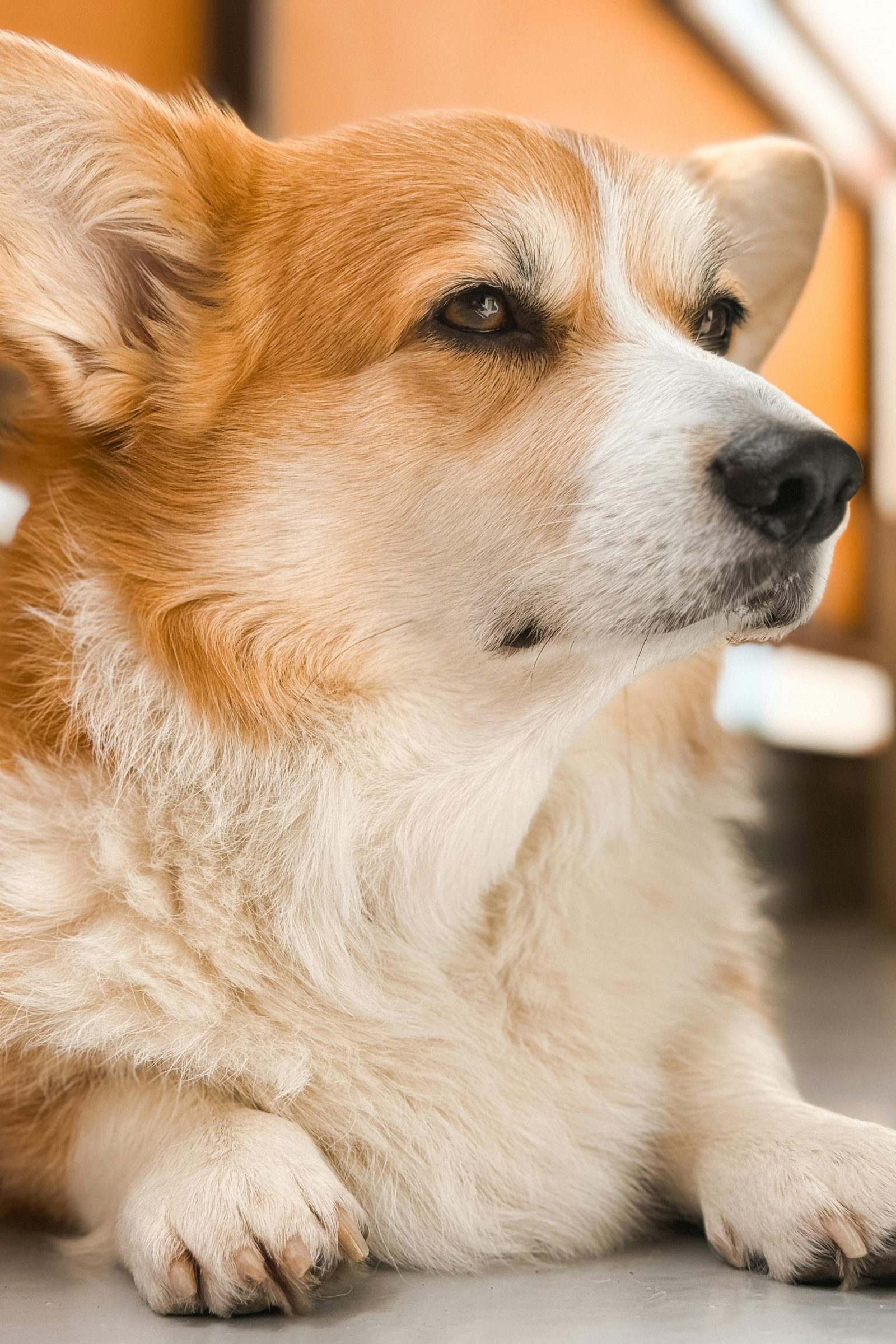
Wound Repair
Wound repair in pets involves treating injuries to restore tissue integrity and prevent infection. This process may include cleaning the wound, removing debris, suturing, and applying medications or bandages. Veterinarians assess the wound’s severity and recommend appropriate treatment to ensure proper healing and reduce complications. Common causes of wounds in pets include bites, scratches, or accidents. Timely veterinary care promotes faster recovery and minimizes discomfort, keeping your pet healthy and safe.
Minor and major lump removals
Lump removal surgery involves removing abnormal growths or masses from a pet’s body. Minor lump removals typically address small, benign growths, while major lump removals deal with larger or potentially cancerous tumors. The procedure often includes a biopsy to determine if the lump is malignant or benign. Early detection and removal can prevent complications, improve your pet’s quality of life, and reduce health risks. Always consult your veterinarian to assess and treat any unusual lumps on your pet.
Pyometra surgery
A life-saving procedure performed to treat pyometra, a severe uterine infection in unspayed female pets, typically dogs and cats. Pyometra can cause symptoms like lethargy, fever, abdominal swelling, and discharge, and without prompt treatment, it can lead to life-threatening complications. This procedure eliminates the infection and prevents recurrence, ensuring the pet’s long-term health and well-being.
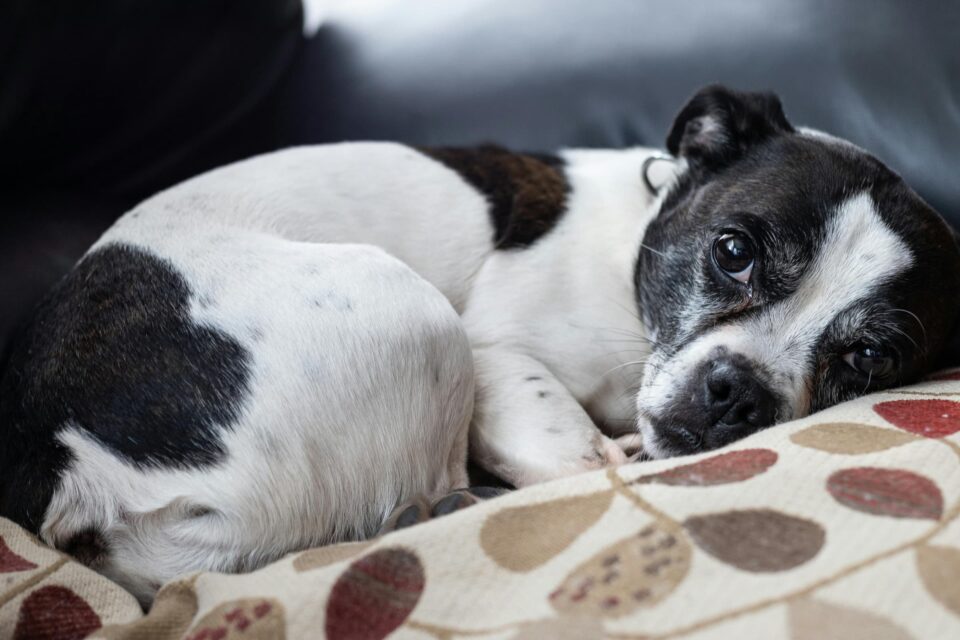
Services
We are committed to providing compassionate primary pet care for your pet, treating both of you with dignity and respect. Above all, our goal is to enhance the human-animal bond and ensure it thrives. Consequently, as Richmond and surrounding communities grow, we plan to expand our practice, adding skilled doctors and team members to meet increasing needs.

